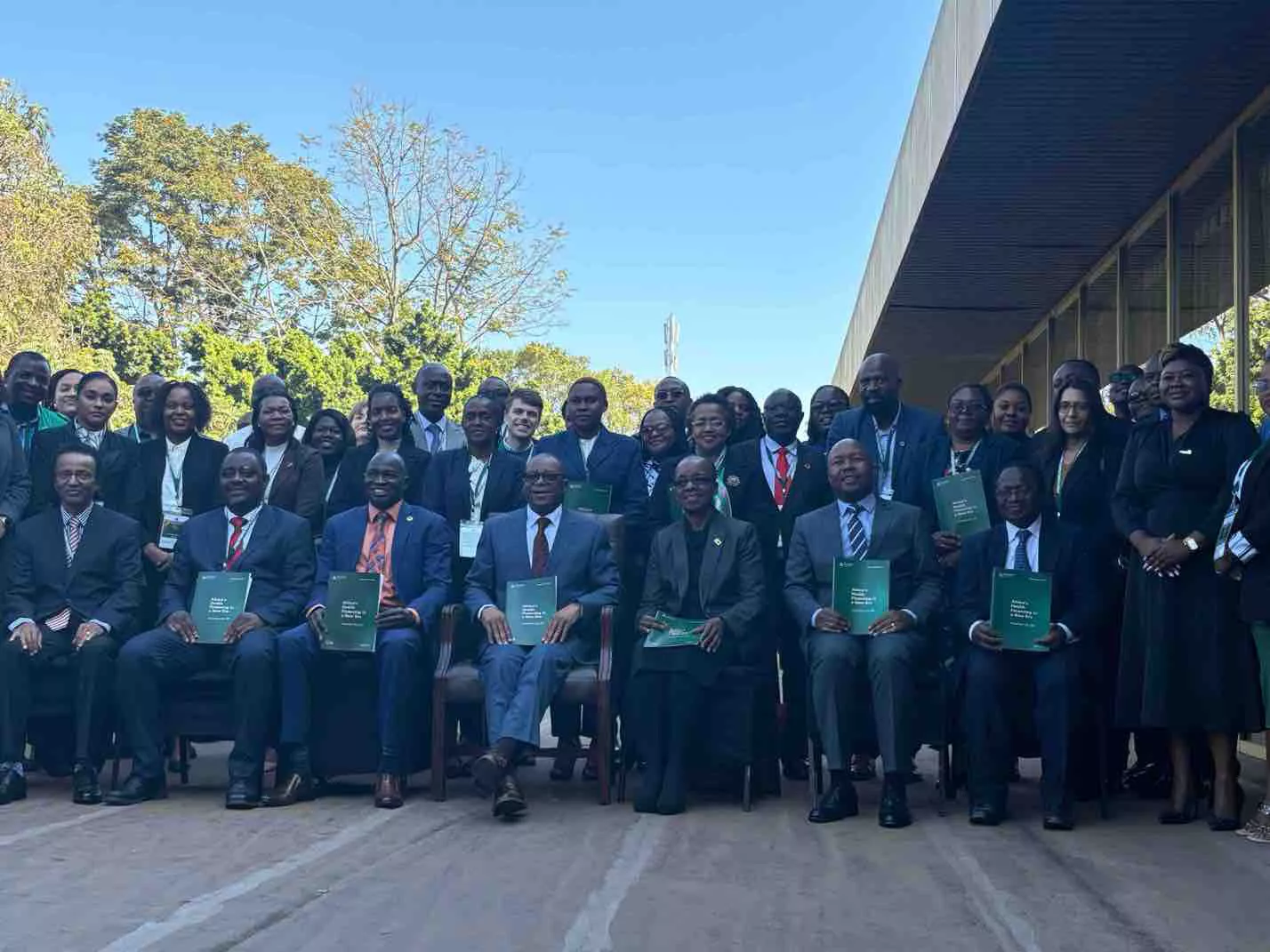By Own Correspondent
To commemorate Menstrual Hygiene Day, which is held on May 28 every year, the First Lady, who is the Ambassador for Health and Child Care, recently donated reusable menstrual kits to several girls from six schools in Seke District in Mashonaland East Province. The schools that benefited are Murape Primary and Secondary, Mandendga, Besa, Chitsvedema, Marikopo and Madamamombe.
In a speech read on her behalf at Murape Primary School by Minister of Health and Child Care Dr. Obadiah Moyo, the First Lady in partnership with Days for Girls, an organisation head-quartered in United States of America, donated sanitary wear to address the plight of the girl-child.
“Angel of Hope is engaging partners who can help to come up with solutions for sanitary wear. We have since engaged Days for Girls to see how we can provide access to affordable, reusable sanitary wear for women and girls,” she said.
The Minister said the First Lady’s foundation’s common goal is to promote good menstrual hygiene management for all women and girls. Programmes will also be rolled out to teach women how to make the reusable pads since the theme for this year’s commemorations focuses on menstrual hygiene education.
“We are also focusing on ensuring girls and women have menstrual health education to understand menstruation and options for sanitary wear because correct knowledge will help eradicate harmful menstrual practices.
“Also there are programmes that are geared towards women and girls making and selling sanitary wear on a larger scale. Together we can break the silence surrounding menstrual health issues and raise awareness as well as change the negative social norms around menstrual health management and engage decision makers to increase the priority and catalyse action for menstrual health management at global, national and local levels,” said the First Lady.
The first Lady also highlighted that adolescent girls face a number of challenges at school due to issues surrounding menstrual hygiene.
“The girl child faces numerous challenges at school which are: lack of access to affordable sanitary pads, stigma associated with periods and adolescence health, pains during the menstrual period, lack of private menstrual hygiene infrastructure with plenty of water and safe disposal facilities.”
“These challenges often lead to absenteeism and possible school dropouts, spoiling of clothes during menses leading to embarrassment and absenteeism, poor performance at school, inferiority, shyness and lack of confidence among girls with inadequate sanitary wear,’” she said.






